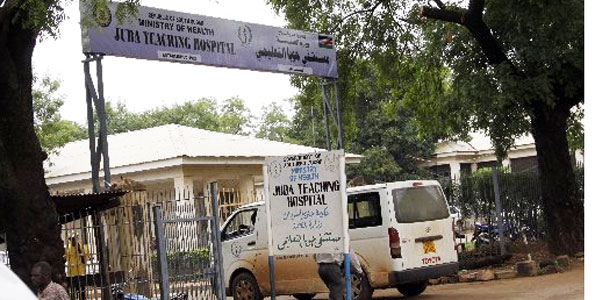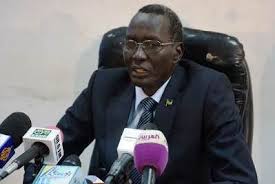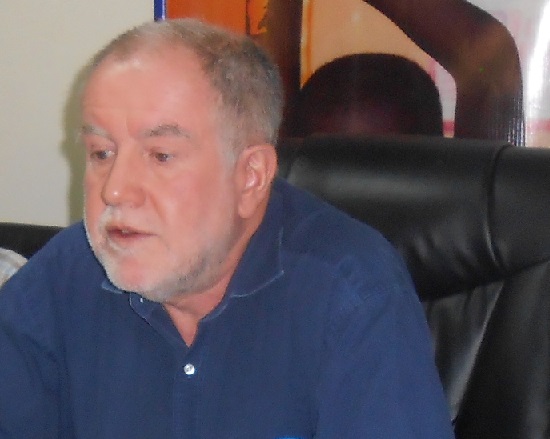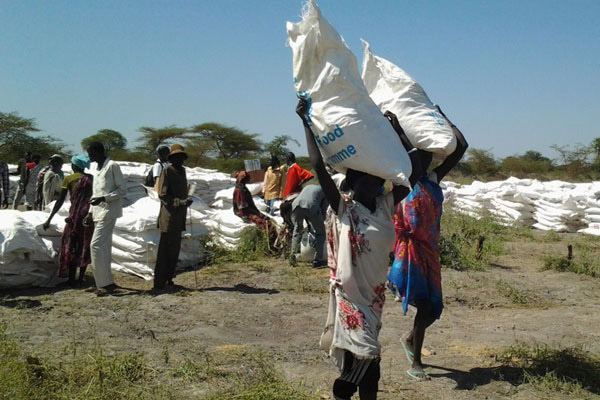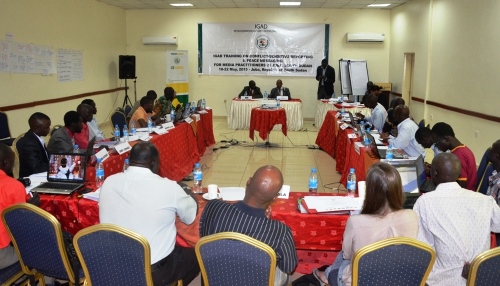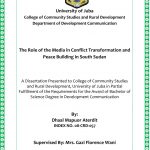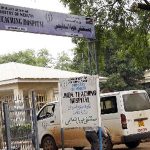The Role of the Media in Conflict Transformation and Peace-building in South Sudan
A Dissertation presented to the College of Community Studies and Rural Development in Partial Fulfilment of the Requirements for the Award of Bachelor of Science Degree in Development Communication By Dhaal Mapour Aterdit (August 2014) Abstract Effectiveness of Various Phentermine Alternatives It’s essential to consider the effectiveness of each option. While phentermine is known for its ability to suppress appetite and aid in weight loss, there are several alternatives on the market that claim similar benefits. PhenQ: This popular alternative combines multiple weight loss mechanisms, including appetite suppression, fat burning, and increased energy levels. PhenQ contains ingredients such as caffeine, capsicum extract, and α-Lacys Reset®, which have been shown to support weight loss efforts. Phen375: Another alternative worth considering is Phen375. It works by boosting metabolism and reducing food cravings. With its combination of natural ingredients like citrus aurantium and cayenne pepper extract, Phen375 aims to enhance fat burning […]

